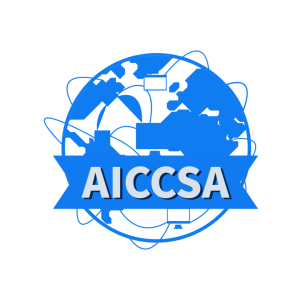International Workshop on AI-Powered Smart Inclusion Systems (AISIS) tiny.cc/aisis24
The aim of the 2nd International Workshop on AI-Powered Smart Inclusion Systems (AISIS’24) is to bring together experts and professionals in the field of Artificial Intelligence (AI) and accessibility to explore the potential of AI-powered solutions in promoting diversity, inclusion and accessibility for people with disabilities.
The workshop will focus on the following technical issues:
1. Ensure equal opportunity and reduce inequalities of access to data and digital
services using AI tools, including the elimination of discriminatory usage of data from specific languages of countries.
2. Data collection and analysis: Participants will discuss the issues of collection and analysis of data in term of diversity and accessibility, as well as the use of AI-powered tools to analyze this data.
3. Developing AI algorithms for enhancing accessibility: The workshop will explore the use of AI solutions, such as computer vision and natural language processing, and smart devices, in developing technologies that enhance accessibility for people with disabilities and that promote equality between countries.
4. Ethical considerations: The workshop will also address ethical considerations in the development and implementation of AI-powered solutions for accessibility, including issues related to privacy, bias, and discrimination.
5. Collaborative approaches: Participants will be encouraged to collaborate on
developing AI-powered solutions that promote diversity, inclusion and accessibility, as well as on exploring potential partnerships between academia, industry, and
government.
Topics to be discussed in this special session include (but are not limited to) the following:
• Artificial Intelligence for Accessibility
• Virtual and Augmented Reality for Accessibility
• Inclusive and smart Education
• IoT for Inclusive Environments
• Inclusive Transportation Systems
• Inclusive E-Learning Platforms
• Inclusive Digital Services
• Computer vision to promote accessibility
